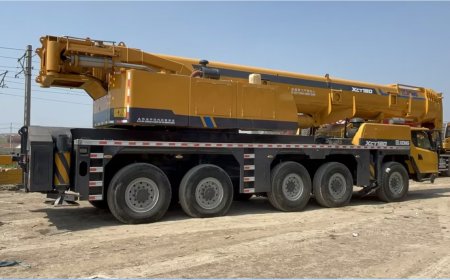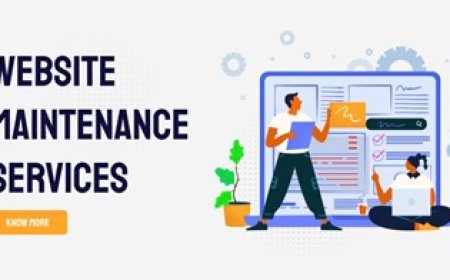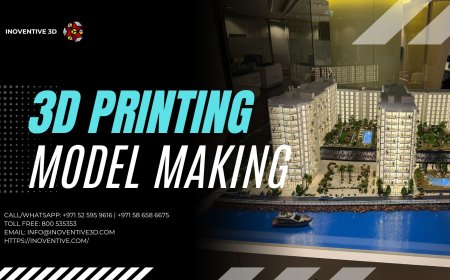Difference Between SME IPO and Mainboard IPO: What Consultants Want You to Know

When a company is considering an IPO, the first question consultants are asked is: Do we want to do an SME IPO or a Mainboard IPO? It is not only a size decision, but also a decision of business preparedness, future aspirations, compliance appetite and the type of investors that a company would like to have. As IPO consultants, we have witnessed how the correct decision can speed up the growth, and the incorrect one can drown a business in the regulatory burden or restrict its ability to raise capital. This is what you should know about the differences, and why you should get expert advice at each step.
Learning the Basics: SME IPO and Mainboard IPO
An Initial Public Offering (IPO) is the initial sale of a company stock to the general public and in India, there are two broad flavors of these IPOs: SME IPOs and Mainboard IPOs. The scale is the most basic difference. SME IPOs are intended to suit small and medium sized enterprises (SMEs) with post issue paid up capital of between 1 crore and 25 crore and Mainboard IPOs are intended to suit larger more established companies with a minimum post issue paid up capital of 10 crore and often much more. SME IPOs are listed in dedicated platforms such as BSE SME and NSE Emerge, and Mainboard IPOs are listed in the main boards of BSE and NSE, which have a wider investor base and media coverage.
Regulatory Requirements and Eligibility
Consultants emphasize that the requirements of eligibility and compliance vary considerably. Mainboard IPOs require a longer history of profitability (usually three years), a minimum of 1,000 shareholders, and stricter disclosure and governance requirements. SME IPOs, in their turn, are designed to suit younger and rapidly growing businesses. They must be profitable at least two years or have a positive net worth in three of the last five years and only 50 shareholders are required. The compliance burden is less, reporting is done half-yearly and documentation is easier, which makes it more affordable to small businesses.
Process, Timeline, and Costs
SMEs have a shorter and cheaper IPO process. Although it may take 6-12 months to complete a Mainboard IPO, an SME IPO can be frequently completed within 3-6 months. SME IPOs also incur lower costs of regulatory filings, underwriting and professional fees. As an example, SME IPOs require 100 percent underwriting, of which 15 percent must be by merchant bankers, which makes the investors feel secure, and also provides a sort of security to the issuers3. Mainboard IPOs are not necessarily underwritten but are larger and more expensive in terms of merchant bankers, and scrutiny.
Market Exposure and Funding Potential
Consultants note that Mainboard IPOs have more market exposure, institutional investors, analysts and media coverage. This may be converted into increased financing capacity and improved liquidity to shareholders. Although SME IPOs offer the much needed capital to grow, they are not as attractive to large investors and are more appropriate to companies that require moderate capital injection and slow market penetration. To most SMEs, the SME platform is a stepping stone, as they may move to the Mainboard when they satisfy the increased eligibility requirements and transition consultants usually help with this planning.
Listing Requirements and Post-IPO Compliance
Being listed in the Mainboard implies complying with more stringent SEBI requirements, quarterly reporting, and full corporate governance requirements. The regulations that govern SME IPOs are less strict and they are simple and easy to comply with. SME IPOs are required to have market making services in the first three years to offer liquidity and price stability, whereas Mainboard IPOs are not. Consultants advise that businesses should be ready to deal with the continued compliance burden-the selection of the wrong board may result in compliance fatigue or missed growth opportunities.
Role of Consultants: Why Their Guidance Is Critical
The role of IPO consultants is crucial as they analyze the preparation of the company, select the most appropriate platform, and navigate it through the labyrinth of regulatory requirements. They evaluate financial strength, management and growth potential and assist promoters in knowing which is the more appropriate route to take, the SME or Mainboard. The consultants also assist in choosing the appropriate merchant banker, documentation, due diligence and coordination with the regulatory authorities. Their experience will save time and money and help to prevent the pitfalls that can kill an IPO- particularly in a first-time issuer.
What Consultants Want You to Consider
As a consultant, it is not only a matter of eligibility when deciding between SME and Mainboard IPO. It is about the stage of development of the company, its ambitions, risk tolerance, and its preparedness to live as a public company. SME IPOs are perfect when a company needs to raise growth capital, enhance visibility and professionalize management without being swamped by compliance. Mainboard IPOs suit well to mature companies that are prepared to face a lot of scrutiny, increased capital requirements, and the requirements of a broad investor base.
Thinking ahead is also recommended by consultants: most SMEs utilise the SME platform as a stepping stone to eventual migration to the Mainboard. This staged process will enable the companies to develop compliance muscle, enhance governance and expand into the requirements of the public markets in a manageable way.
Conclusion: Making the Right Choice with Expert Help
The distinction between SME IPO and Mainboard IPO is not academic only, it determines the future direction of your company, the kind of investors you will have and the regulatory requirements you will have to meet. To promoters, the correct decision can open the gates of capital, credibility and growth; the incorrect one can cause compliance nightmares or lost opportunities. This is the reason why consultants encourage businesses to consult professionals, evaluate their actual preparedness, and plan a course that would fit their long-term plan. As a new SME or an existing player, it is important to know these differences and collaborate with experienced advisors, as this can be the key to success in your IPO process.






















